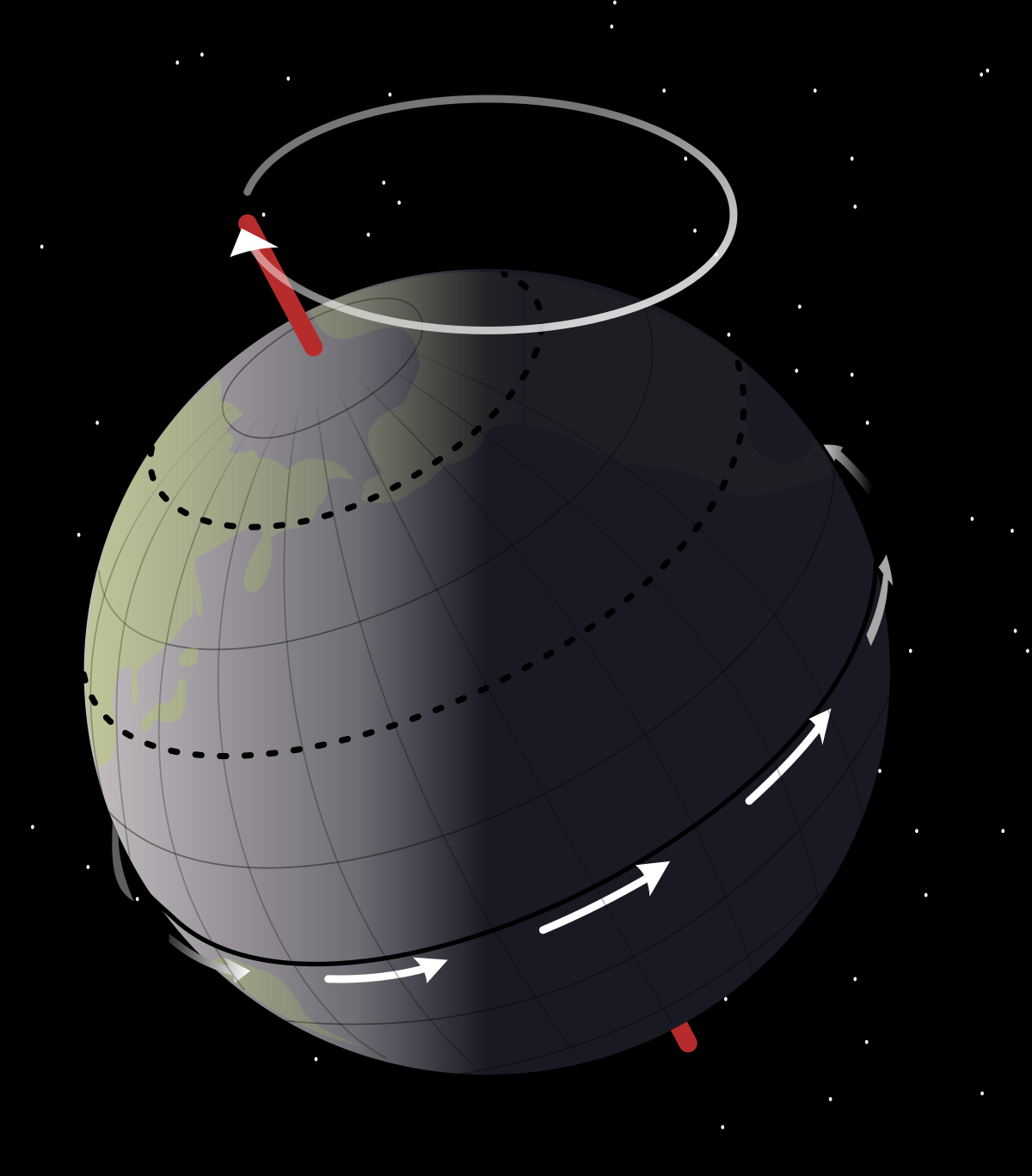There is something else happening with the Earth's rotation called Precession. The earth is tilted from the vertical with respect to the plane of its orbit around the Sun by 23.5 degrees (that's why we get seasons). But the North Pole itself is slowly rotating around the vertical - a bit like a spinning top does. This may affect day length but I doubt by much because one pole rotation as a result of Precession takes about 23,000 years! lol. I am pretty sure that figure is correct, I did an astronomy course but that was many years ago

As with the Earth's slowing rotation, the effect of days getting longer because we are approaching spring is probably massive by comparison.
And yeah, I feel like January is dragging too!



